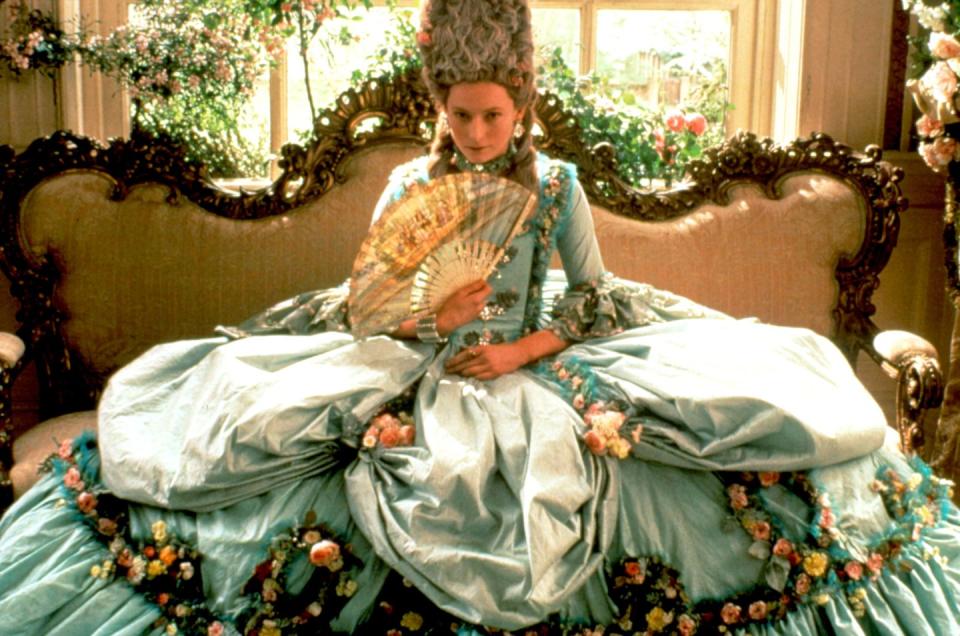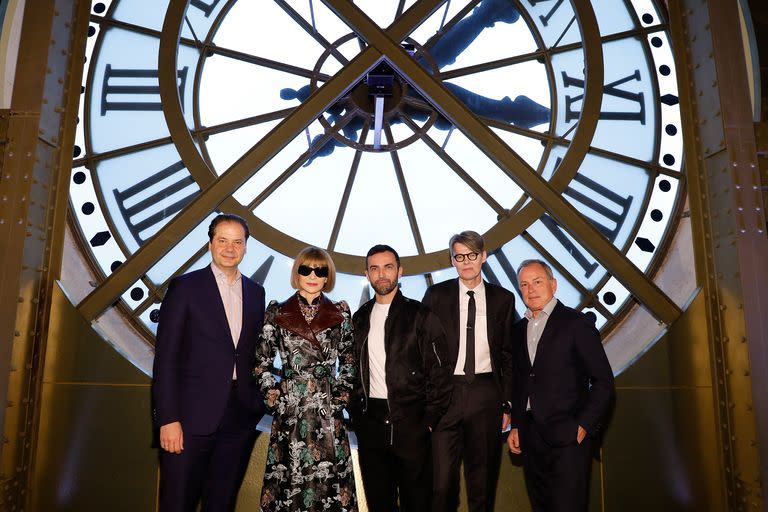The 2020 Met Gala Is Officially Canceled Due to the Coronavirus Pandemic
Last year's camp-themed Met Gala delivered an endless stream of over-the-top red-carpet moments (and several live outfit changes from Lady Gaga), but it's officially time to look ahead to the 2020 event. The Metropolitan Museum of Art announced that the theme of this year's Costume Institute exhibition will be "About Time: Fashion and Duration."
If you thought camp was confusing, you probably have some questions about what exactly a "time" theme means. Luckily for you, we've rounded up everything you need to know about the 2020 Met Gala, from explanations on the abstract theme to the exhibition itself. Read on for all the latest news.
The Met Gala Has Been Canceled Due to the Coronavirus Pandemic
With the number of coronavirus cases around the world on the rise, the Metropolitan Museum of Art announced on May 19 that the 2020 gala was officially canceled.
Usually held on the first Monday in the month of May, the event was initially postponed amid the outbreak of the coronavirus pandemic, Anna Wintour confirmed in a short essay published on Vogue.com in mid-March.
Despite the Met Gala's cancellation, the Costume Institute's exhibition, About Time: Fashion and Duration, is scheduled to open on October 29 and run through February 7, 2021.
The Theme
Inspired by Virginia Woolf and 20th-century French philosopher Henri Bergson, the exhibit will look back at the timeline of women's fashion from the last 150 years (dating from 1870 to today) to coincide with the Met's 150th anniversary. Woolf will serve as the "ghost narrator" of the exhibit.
A post shared by The Metropolitan Museum of Art (@metmuseum) on Nov 7, 2019 at 6:15am PST
For a more specific image, Sally Porter's 1992 film Orlando, based on Virginia Woolf's time-traveling novel of the same name, served as the main inspiration for the 2020 theme. Starring Tilda Swinton, the movie's fashion spanned from 18th-century Marie Antoinette-inspired style to 19th century dressing. In other words, prepare to see some grandiose, "let them eat cake"-worthy looks on next year's Met Gala red carpet.

"Fashion is indelibly connected to time, it not only reflects and represents the spirit of the times, but it also changes and develops with the times," Andrew Bolton, the curator of the Costume Institute, told the New York Times.
Given the range of a 150-year timeline of fashion, it may be one of the most abstract and eclectic Met Gala red carpets ever—with celebrities being able to time-travel back through several centuries of fashion. Or, of course, they technically could opt for something that's "timeless."
The Hosts
The co-chairs of the 2020 Met Gala were Meryl Streep, Emma Stone, Lin-Manuel Miranda, and Nicolas Ghesquière of Louis Vuitton (the brand was to serve as a sponsor for the event). It would have marked the first ever Met Gala attendance for Streep.

The Exhibition
At a February news conference, Nicolas Ghesquière and Andrew Bolton revealed more details on the time-themed exhibition.
Keeping the 150th anniversary of The Met in mind, the exhibition will be designed as a clock, constructed by two sets of 60 fashion pieces that signify sartorial moments since 1870 (the year the museum was founded). The first set of garments, a collection in all-black, will tell time linearly. The second set, which includes black-and-white pieces, will tell time in an "alternative timeline" or "interruptions," per WWD.
"We didn't want to present them as a straightforward masterworks exhibition, a kind of simplistic overview of styles or an expected A-Z of fashion designers," said Bolton. "I think fashion history has moved on from this rather reductive approach, and so too, I think, has our fashion audience."

The exhibition will also factor in topical issues as well, namely that of "digital capitalism." Bolton explains, "While companies have benefited from this sped-up, around-the-clock temporality of digital capitalism, designers have often been creatively constrained by its 24/7 continuous functioning, so we thought it might be an opportune moment to explore the temporal character of fashion from a historical perspective."
You Might Also Like

